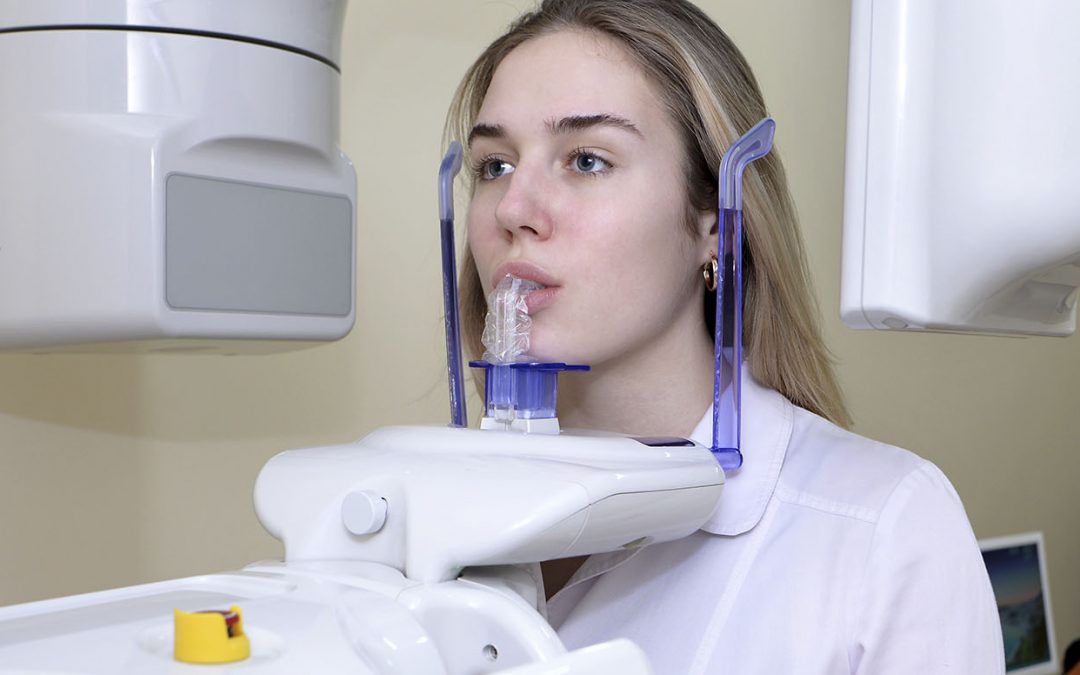ASTM F2129 Electrochemical Corrosion Testing of Dental Implants
The ASTM F2129 standard specifies the procedure for measuring the resistance to electrochemical corrosion of dental implants. This testing is crucial in ensuring that dental devices can withstand environmental stresses without compromising patient health or safety.
Dental implants are critical components used in restorative dentistry and orthopedic surgery, serving as a foundation for teeth replacement. They must be durable, reliable, and resistant to degradation over time. Electrochemical corrosion testing provides an essential means of validating these properties through controlled laboratory conditions that simulate real-world scenarios.
The test involves exposing the dental implant specimens to an electrolyte solution under specific potentials. The current measured during this process indicates the material's resistance to corrosion. This information is vital for manufacturers and researchers to ensure compliance with international standards such as ISO 14323-5, which governs the mechanical performance of medical devices.
Specimen preparation plays a pivotal role in achieving accurate results. Specimens are typically cleaned ultrasonically to remove any surface contaminants before being immersed in the electrolyte solution. The testing setup includes a reference electrode, counter electrode, and the test specimen itself. The apparatus must be calibrated regularly to maintain consistent and reliable data.
Once the specimens have been tested, detailed reports are generated detailing the current measurements and other relevant parameters. These reports serve as valuable tools for quality managers, compliance officers, R&D engineers, and procurement teams to make informed decisions about product development, manufacturing processes, and material selection.
The ASTM F2129 procedure is widely recognized in the medical device industry due to its stringent requirements and reproducibility. By adhering to this standard, manufacturers can demonstrate their commitment to producing high-quality dental implants that meet both regulatory and customer expectations.
Real-world applications of this testing include ensuring long-term compatibility between the implant and surrounding bone tissue, reducing the risk of infections associated with bacterial contamination, and preventing potential complications such as peri-implantitis. Furthermore, it helps in identifying any weaknesses within the design or manufacturing process that could lead to failures during use.
Understanding the electrochemical behavior of dental implants is crucial for optimizing their performance and longevity. Through rigorous testing like ASTM F2129, we can contribute significantly towards enhancing patient outcomes by providing safe and effective solutions.
Why It Matters
The importance of ASTM F2129 electrochemical corrosion testing cannot be overstated when it comes to dental devices. This testing ensures that the materials used in constructing implants are robust enough to handle everyday use without degrading over time.
- Enhanced Durability: By simulating real-world conditions, this test helps manufacturers identify any potential weaknesses early on, allowing them to address these issues before products reach market.
- Patient Safety: Ensuring that dental implants do not corrode or deteriorate under normal operating conditions protects patients from adverse reactions and unnecessary surgeries.
- Innovation: Continuous improvement in testing methods allows for advancements in material science, leading to more advanced and efficient dental devices.
The results of these tests contribute significantly to the overall quality assurance efforts within the medical device sector. They provide critical insights into how well materials perform under various stressors, helping companies make informed choices about their products' design and manufacturing processes.
Eurolab Advantages
At Eurolab, we pride ourselves on delivering top-tier services tailored specifically to meet the needs of our clients in the medical device industry. Our expertise lies in providing comprehensive testing solutions that adhere strictly to international standards like ASTM F2129.
- Compliance Expertise: Our team consists of professionals deeply versed in current regulations and guidelines, ensuring all tests are conducted according to best practices.
- State-of-the-Art Facilities: Equipped with advanced equipment, our laboratories offer precise and accurate results every time.
- Customer Focus: We understand that each client has unique requirements, so we work closely with you throughout the testing process to ensure your needs are met fully.
- Rapid Turnaround Times: With streamlined processes in place, our clients receive timely reports without compromising on accuracy or comprehensiveness.
Partnering with Eurolab means gaining access to world-class facilities and experienced personnel committed to delivering exceptional service. Whether you need routine quality checks or specialized assessments for new product development, we are here to support your every step of the way.
Environmental and Sustainability Contributions
The practice of ASTM F2129 electrochemical corrosion testing contributes positively to environmental sustainability by promoting the use of durable materials in dental devices. Here are some ways this testing supports sustainability:
- Reduces Waste: By identifying and addressing potential material weaknesses early on, manufacturers can reduce waste associated with failed products.
- Increases Efficiency: More robust implants lead to fewer replacements, saving resources and reducing energy consumption throughout the lifecycle of the product.
- Promotes Recyclability: Materials that exhibit excellent corrosion resistance are often easier to recycle at end-of-life, contributing to circular economy principles.
Incorporating sustainable practices into our testing protocols ensures that we contribute positively towards building a greener future while maintaining high standards of quality and safety for patients worldwide.





